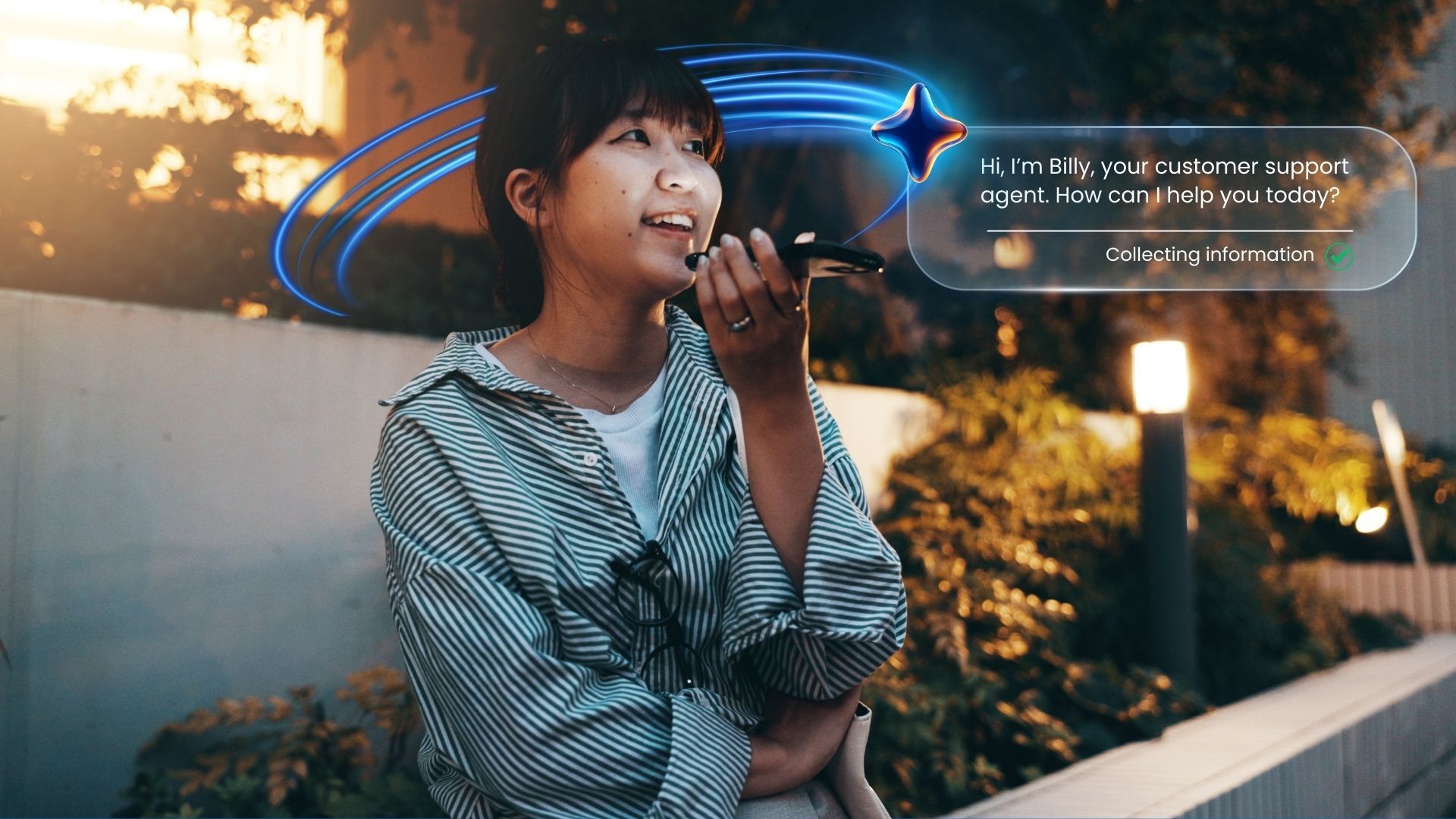The regulatory environment faced by today’s contact centers has become far stricter and more complex than ever before, requiring organizations to take a number of precautions in order to remain compliant with the latest standards and regulations. But as technology evolves and regulations continue to change, many businesses are finding it increasingly difficult to keep up with and understand the latest legal boundaries (TCPA, PCI-DSS, HIPAA, etc.) impacting their contact centers. But what are some of these pitfalls? And what are some actions businesses can take to mitigate the risk of violating them? Let’s break down some of the hidden traps of the Telephone Consumer Protection Act (TCPA), a standard that was created to protect consumers from unsolicited and inconvenient phone calls, faxes, and texts.
1) Are you contacting leads, prospects, or customers using a smart phone?
These days, everyone is using a smart phone—but what many fail to realize is that smart phones are technically considered ATDS devices, as they have the capacity to store or produce telephone numbers to be called using a random or sequential number generator, and can dial such numbers—and they are held to the same TCPA standards as all other ATDS devices. The penalties for violating TCPA can range anywhere from $500-$1,500 per instance, depending on whether the violation was “willful” or “known”.
2) Is obtaining a lead, prospect, or customer’s phone number the basis upon which you contact them?
Before contacting an individual on his/her mobile device using an ATDS, the FCC and FTC mandate that a business must first obtain express prior consent (EPC), meaning the individual has expressly given permission to be solicited by the seller/dialing party for a specific offer. But the simple act of obtaining their phone number does not constitute as consent—businesses must place the proper disclaimers and disclosures, as generated by a legal entity, where the consumers’ contact information is collected (form, CTA, contract), which clearly gives the business consent to call.
This also applies to existing customers—the EBR (Existing Business Relationship) clause was recently invalidated, and now requires that businesses obtain Express Prior Consent from their existing customers before contacting them through an ATDS. Many businesses do this by placing Express Prior Consent disclaimers and disclosures within their client contracts.
3) Is an individual’s ability to receive an offer contingent upon providing express prior consent?
Many businesses are able to collect the contact information of their prospects by offering them something—a whitepaper, the ability to shop on their site, the ability to watch a demo. But a consumer’s ability to receive an offer (whatever the seller is giving as enticement for contact information) cannot be contingent on him/her providing express prior consent. Also known as “Coerced consent”, this explicitly violates TCPA regulations, and has caused many enterprises to incur large penalties.
4) What are your organization’s policies and procedures surrounding data accuracy and DNC scrubbing?
Maintaining accurate consumer data is absolutely essential in order to remain TCPA compliant—but what many do not realize is that all phone must be scrubbed against the national DNC list each day prior to dialing. Why?—because the national DNC list changes every day. Call centers are also liable for robocalls made to reassigned wireless numbers when the current subscriber or customary user of the number has not consented (subject to a limited, one-call exception for cases in which the caller does not have actual or contractual knowledge of the reassignment).
Check-out 3CLogc's FREE On-Demand Webinar, "3 Steps to Succssfully Navigating TCPA Compliance", to discover additional measures your contact center can take to protect your business as well as its customers.




